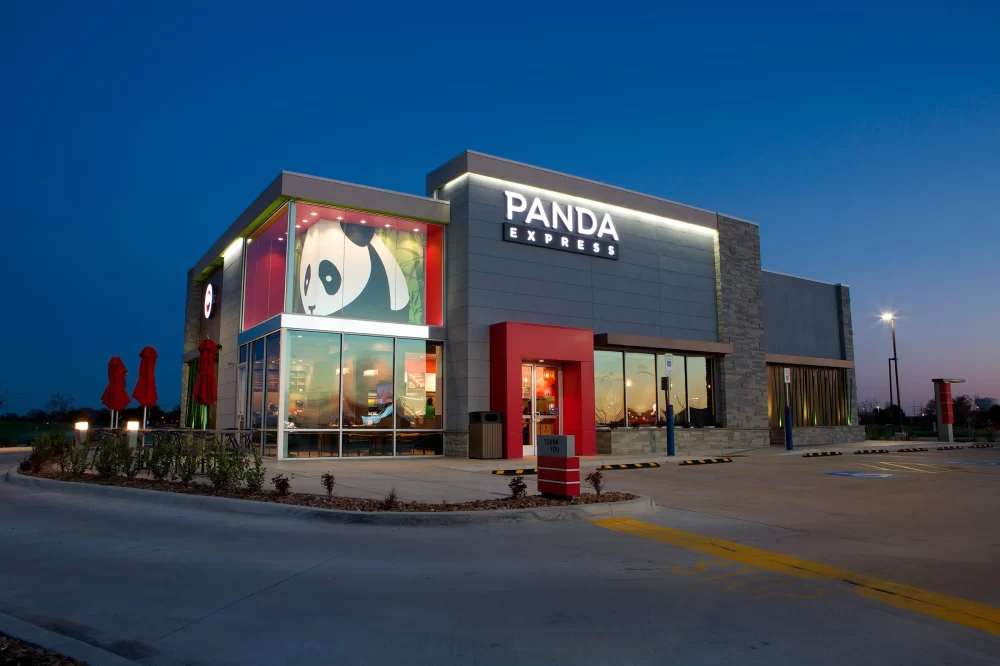- 1-panda-express-company-background-and-growth
- 2-understanding-publicly-traded-companies
- 3-is-panda-express-currently-publicly-traded
- 4-ownership-structure-of-panda-express
- 5-potential-for-panda-express-ipo-in-the-future
- 6-how-panda-express-compares-to-public-competitors
- 7-where-to-find-more-information-and-investment-advice
1. Panda Express Company Background and Growth
Panda Express is one of the most recognized fast-casual Chinese food chains in the United States. Founded in 1983, it has grown from a single restaurant in Glendale, California, to over 2,200 locations worldwide. The brand is known for its signature dishes like Orange Chicken and Beijing Beef, attracting millions of customers annually.
Understanding Panda Express’s history and rapid expansion provides context for its market position and business model, which influences its public or private ownership status.
2. Understanding Publicly Traded Companies
Publicly traded companies have shares listed on stock exchanges, allowing the public to buy and sell ownership stakes. Being publicly traded requires transparency, regular financial reporting, and regulatory compliance. Many restaurant chains choose this route to raise capital for expansion and increase liquidity for shareholders.
However, remaining private offers different advantages such as greater control by founders or private investors and less regulatory burden.
3. Is Panda Express Currently Publicly Traded?
As of now, Panda Express is not publicly traded. It remains a privately held company owned primarily by the founding family. This private ownership model allows Panda Express to operate without the pressures of quarterly earnings reports and public shareholder expectations.
Despite its size and popularity, Panda Express has opted to stay private, focusing on long-term growth strategies and maintaining control over its brand and operations.
4. Ownership Structure of Panda Express
Panda Express is owned and operated by the Cherng family, founders of the business. The company’s parent entity, Panda Restaurant Group, oversees operations and has diversified interests in multiple restaurant concepts.
This family-owned structure has enabled Panda Express to retain a unique corporate culture and invest heavily in innovation, staff training, and customer experience without the influence of public markets.
5. Potential for Panda Express IPO in the Future
Speculation about a potential initial public offering (IPO) for Panda Express occasionally surfaces in financial news. While the company has not announced any plans to go public, market analysts suggest that as the chain continues to expand domestically and internationally, an IPO could be a future possibility.
An IPO would open opportunities for outside investment but also introduce new challenges related to transparency and regulatory compliance.
6. How Panda Express Compares to Public Competitors
Compared to publicly traded competitors like Chipotle Mexican Grill and Shake Shack, Panda Express benefits from private ownership by having more operational flexibility and less short-term market pressure. However, public competitors often enjoy greater access to capital markets for rapid expansion.
Understanding these dynamics provides insights into the strategic choices Panda Express makes and its market positioning.
7. Where to Find More Information and Investment Advice
For investors interested in the restaurant industry, staying informed through reliable sources is crucial. Although Panda Express is not publicly traded, tracking competitors and market trends offers valuable perspectives.
Platforms like Chinese Food provide comprehensive updates and guides on popular food brands and investment opportunities.








